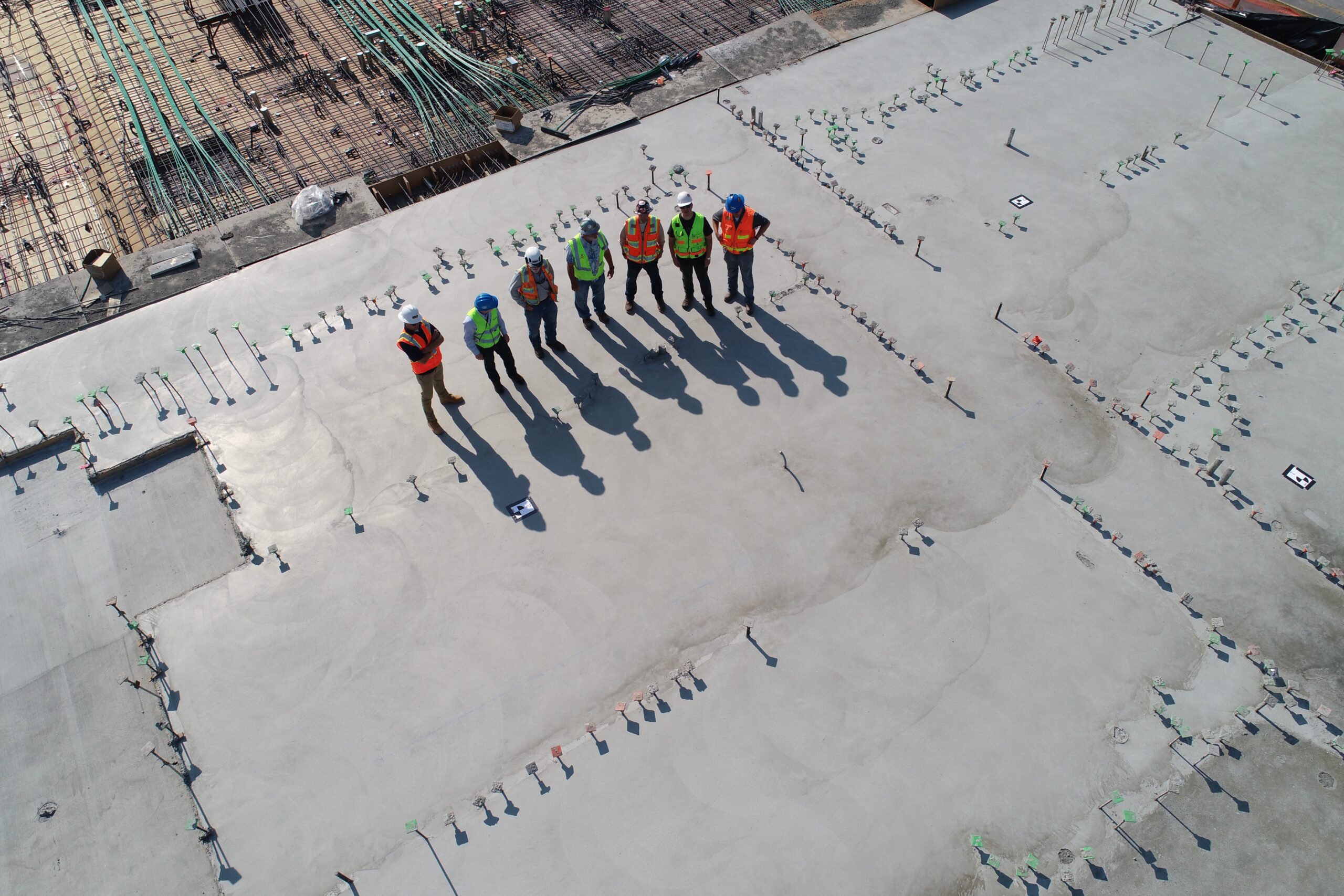
Welcome to the September edition of Projects & Construction Monthly.
This edition covers:
- the ongoing impacts COVID-19 has on the construction industry;
- the current skilled labour shortage being experienced in the construction industry;
- the importance of ensuring proper safety regimes are in place despite costing pressure;
- LPC Lawyers’ ongoing fundraising efforts as part of the Bridge to Brisbane; and
- LPC Lawyers’ Australian Road Series.
COVID-19 and the Construction Industry
COVID-19 continues to have significant impact on the Australian construction industry with the sector experiencing inflated building material costs. These inflated costs are the result of both a slow vaccination rollout and rising costs from supply chain pressures.
The slow vaccination rollout has highlighted the Australian construction industry’s exposure to lockdowns, as non-critical construction sites have ground to a halt at the direction of the Government. If boarder closures and lockdowns continue, it will prolong economic growth and the sector missing out to international markets who are already opening its borders.
Global supply chain bottlenecks are also leading to fears within the industry that there could be further surges in the cost of building materials which are anticipated to continue into 2022. Where such risks eventuate on long-term projects, contractual positions will need to be assessed to determine who bears the risks for such price hikes.
Skilled Labour Shortage
The construction industry is facing serious labour shortages which is likely to also inflate construction costs, especially with respect to residential projects.
The HIA Trades Report for the June 2021 quarter estimates the current skills shortage in the Australian infrastructure market is the worst in 20 years and not likely to ease until at least 2022.
These issues have been principally brought about by two factors, the current surge being experienced with respect to building activity and the continued closure of Australia’s international borders.
The HIA Trades Report estimates the skills shortage is likely to subside in 2022 if the expected decrease in building activity occurs, but where this fails to happen, and Australia’s international borders remain shut, skilled labour shortages will continue.
Request for Reduced Construction Costs – No Excuse for Safety Breaches
The recent case of SafeWork NSW v Mercon Group Pty Ltd [2021] NSWDC 378, highlights the importance of implementing proper safety measures, despite attempts to reduce costs.
Mercon Group Pty Ltd (Mercon Group) was engaged as a subcontractor by Growthbuild Pty Ltd (Growthbuild) to perform demolition works, which included the removal of a number of concrete slabs to create space for the installation of stairways and elevators. Mercon Group initially quoted for the use of ‘catch decks’ in the demolition. The ‘catch decks’ would have provided a solid continuous surface under the slab to capture falling concrete or workers. However, this quote was not accepted by Growthbuild because the cost of the ‘catch decks’ were too expensive. Instead, the parties agreed on an alternative system which involved supporting the slab using props and joists spaced at intervals under the slab. This alternative system ultimately failed, resulting in serious injury to two Mercon Group employees.
Mercon Group pleaded guilty to exposing their workers to the risk of death or serious injury, noting they should have either insisted on the use of ‘catch decks’ or adopted an alternative approach that did not compromise the safety of its employees.
The Court determined Mercon Group should have rejected the contract instead of accepting it at a reduced price which required the adoption of substandard safety measures. The fine under such circumstances would normally have been $120,000.00, but was reduced by 25% to give effect to the guilty plea, reducing the fine to $90,000.00. Mercon Group was also required to pay the prosecutor’s costs in the sum of $42,000.00.
This serves as a pertinent reminder to all stakeholders in the construction industry that cost cutting cannot be used at the expense of adopting substandard safety measures.
LPC Lawyers Initiatives
Bridge to Brisbane 2021 Postponed
It was unfortunate news that the 2021 Bridge to Brisbane was postponed until 7 November 2021. LPC Lawyers and The Eye Health Centre will still partake in the postponed fundraiser, utilising the additional time to train in preparation for the event. The team is continuing to support Mates4Mates to help raise funds for our incredible current and ex-serving Australian Defence Force members, and their families, and the Centre for Eye Research Australia to help a world free from vision loss and blindless.
If you would like to join us in showing your support to our chosen charities please donate here.
Australian Road Series
LPC Lawyers presents the Australian Road Series.
This four-part series discusses the current state of the Australian road infrastructure network. This series explores various pertinent legal questions and considerations that are relevant across the industry, from project inception through to practical completion.
Australian Road Series – Part 1 – Current Road Projects in Australia and Their Importance
Part 1 provides an overview of the state of current major road projects across Australia, and the funding commitment currently in place for Queensland projects. Read more here.
Australian Road Series – Part 2 – Typical Project Start-up
Part 2 highlights the typical early-stage steps involved in a road project in Australia, including the importance of utilising the planning stage effectively, and the value of legal support during tendering and contract negotiations. Read more here.
Australian Road Series – Part 3 – Typical Contracting Strategies and Risk Allocation
Part 3 details the contracting strategies and models currently employed within the road infrastructure landscape in Australia, analysing their respective strengths and weaknesses. Further, the article highlights how contracts may allocate risks, and what parties should be mindful of. Read more here.
Australian Road Series – Part 4 – Dispute Resolution Mechanisms
Part 4 of the series provides an analysis of dispute resolution mechanisms commonly adopted in major road projects in Australia. It highlights the importance of clear contractual drafting to ensure ease of use and effective application of agreed principles. Read more here.
